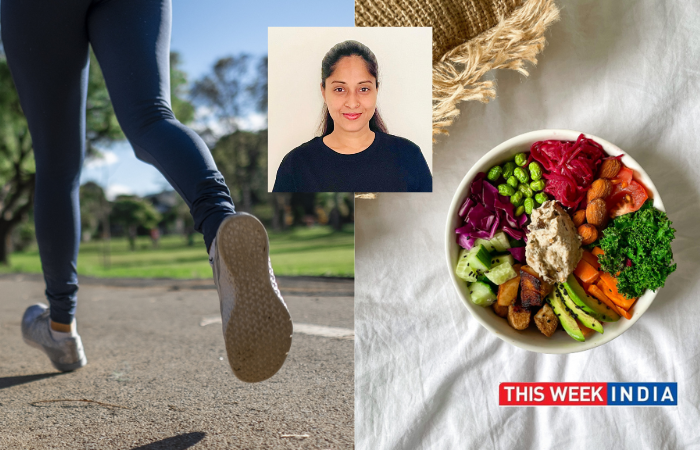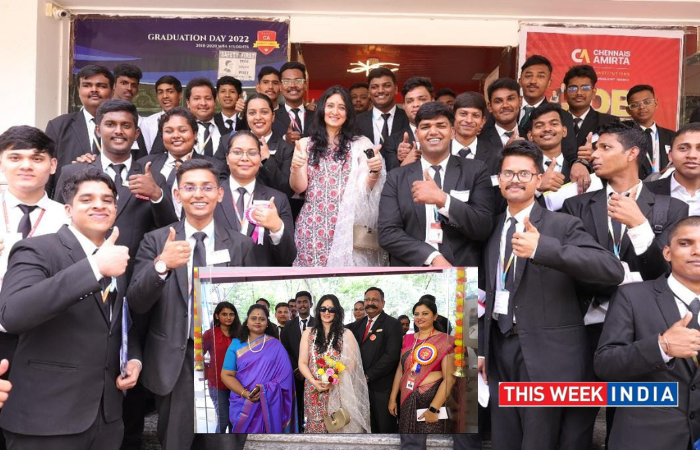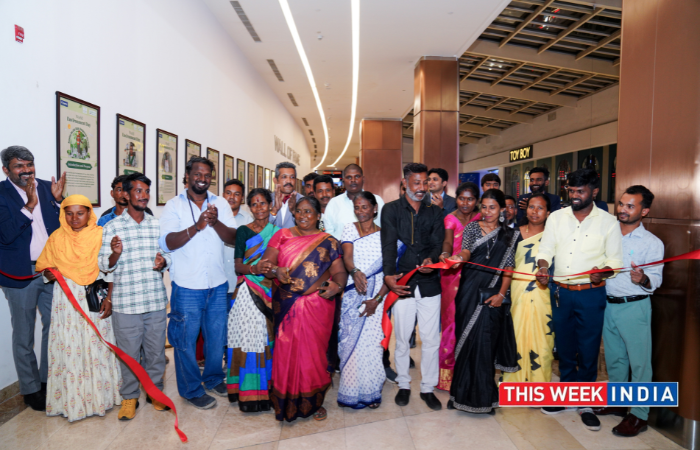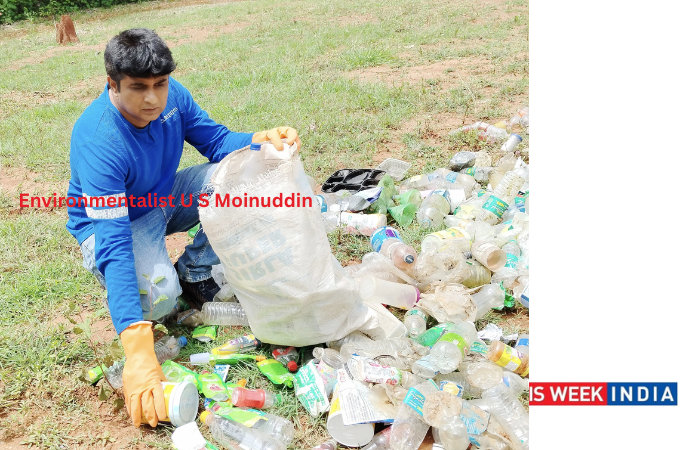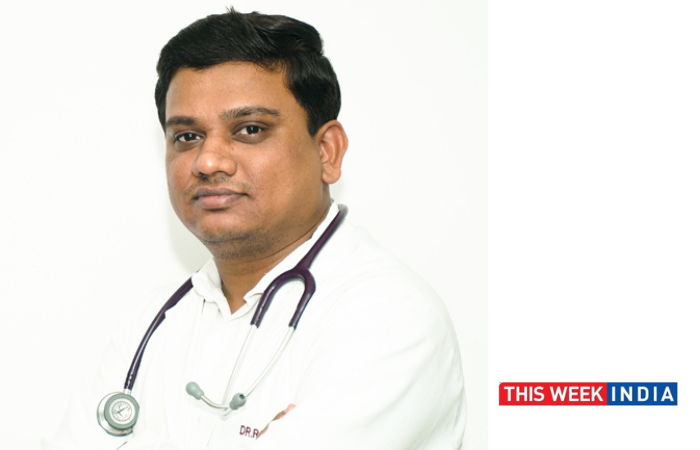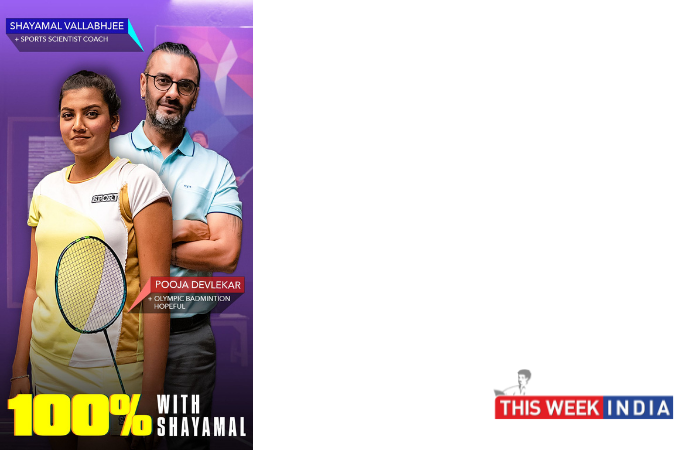Hyderabad August 23, 2023…..Diet plays an important role in the outcome of Runners’ efforts when training for a Marathon. Now that we are so close to the race day of NMDC Hyderabad Marathon 2023 powered by IDFC FIRST Bank let us look at some nutrition strategies that can be followed on the last few days leading to the race day.
The days leading up to a marathon are crucial for optimizing your energy levels and ensuring your body is properly fuelled for the race. According to Dr Lahari Surapaneni, Nutritionist & Wellness Consultant, Nutrition For You, here’s a general outline of what your diet could look like in the three days before and during the marathon race:
Three Days Before the Marathon:
Day 1:
Focus on complex carbohydrates: Include foods like whole grains (brown rice, quinoa, whole wheat pasta), sweet potatoes, oats, and legumes. These carbs will help stock up glycogen stores in the muscles.
Lean proteins: Incorporate lean protein sources such as chicken, fish, eggs, low-fat paneer, hung curd, tofu, whole lentils, dals and beans.
Hydration: Start increasing the water intake to ensure optimal hydration. Remember, hydration cannot be done suddenly on the penultimate day. Including nutritious beverages like milk, buttermilk, soups etc. will help with hydration as well.
Snacks: Choose healthy snacks like fresh fruits, dried fruit (raisins, figs, dates et.), nuts, seeds, puffed grains like popcorn (the non-buttery ones), jowar, puffed rice etc. Do the snacking based on hunger, not out of boredom.
Indulgences: Strictly hold back on alcohol. Alcohol being a diuretic will also compromise hydration status. Other drinks such as mocktails, soft drinks, fruit flavoured beverages are also better to be kept away.
Day 2:
Carbohydrate-rich meals: Continue eating complex carbohydrates to top off glycogen stores.
Avoid heavy, greasy, or overly spicy foods that could upset your stomach. Hold off on those sweets, biryanis, pakoras etc. until post-race celebrations!
Stay hydrated: Keep drinking plenty of water throughout the day. Continue abstinence from alcohol.
Day 3:
Carbs and proteins: Focus on balanced meals with a mix of complex carbohydrates and lean proteins.
Avoid any new or unfamiliar foods to prevent potential digestive issues. Don’t even try any new energy gels or electrolyte drinks if you haven’t tried them already during training.
Keep hydrating: Drink water regularly but avoid excessive consumption to prevent overhydration. You can also drink 300-500 ml of electrolyte drink throughout the day if you are out and about in the Sun to collect your race day bib.
Day Before the Race:
Carbohydrates: Consume a carbohydrate-rich meal for breakfast, lunch, and dinner. Choose easily digestible carbohydrate sources such as white rice, white pasta, and white bread.
Avoid high-fibre foods that might cause gastrointestinal discomfort during the race. Avoid any foods that might have caused even mild bloating or discomfort to you in the past.
Hydration: Drink water throughout the day but avoid excessive amounts to prevent frequent bathroom breaks during the night. Try to keep water consumption to a minimum at least 2 hours before bedtime. Include 250-350 ml electrolyte drink if you prefer during the day, depending on how much you sweat.
On the race day:
Before the Race:
Pre-race meal: Eat a light, easily digestible meal 2-3 hours before the race. Include carbs and a small amount of protein. Examples could be a few spoons of overnight oats with a banana or a slice of white bread with peanut butter, a banana, and water. This is usually more helpful for people running a full marathon. You may eat a smaller portion of the same food or just a banana an hour prior to the run if you are just running a half marathon or a 10k.
During the Race:
Hydration: Drink water at aid stations along the course. You might also consider consuming an electrolyte sports drink to replace lost minerals. Do not wait until you feel thirsty to stop and grab a sip. You could alternate between taking water and electrolyte between the stations. Sip, don’t gulp. Having a heavy stomach could make it more difficult to run.
Energy gels or snacks: Carry energy gels to consume during the race if you have already tried this during your training. These provide a quick source of carbohydrates to keep your energy levels up. Do not try gels for the first time during the race. Don’t be tempted by the snacks and make judicious choices.
Remember that everyone’s nutritional needs are different, so it’s important to experiment with your diet during training to see what works best for you
Wish you all a fun run leading to a strong finish!

